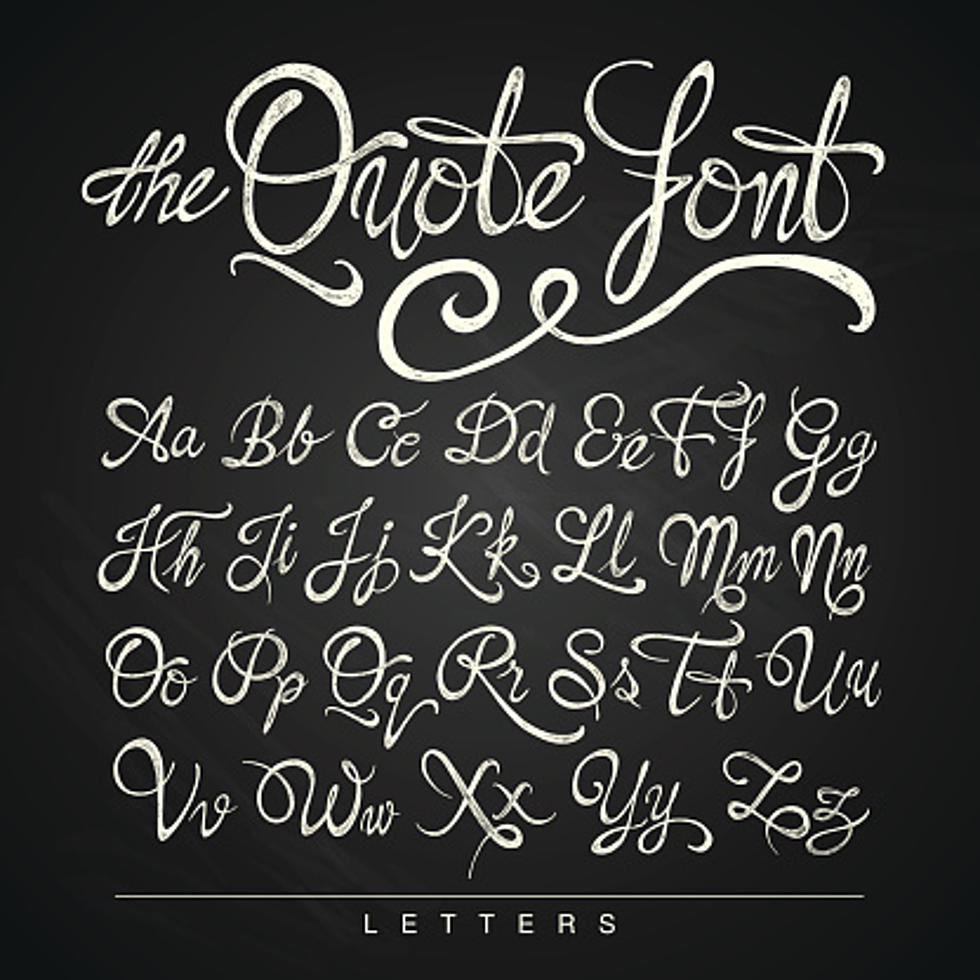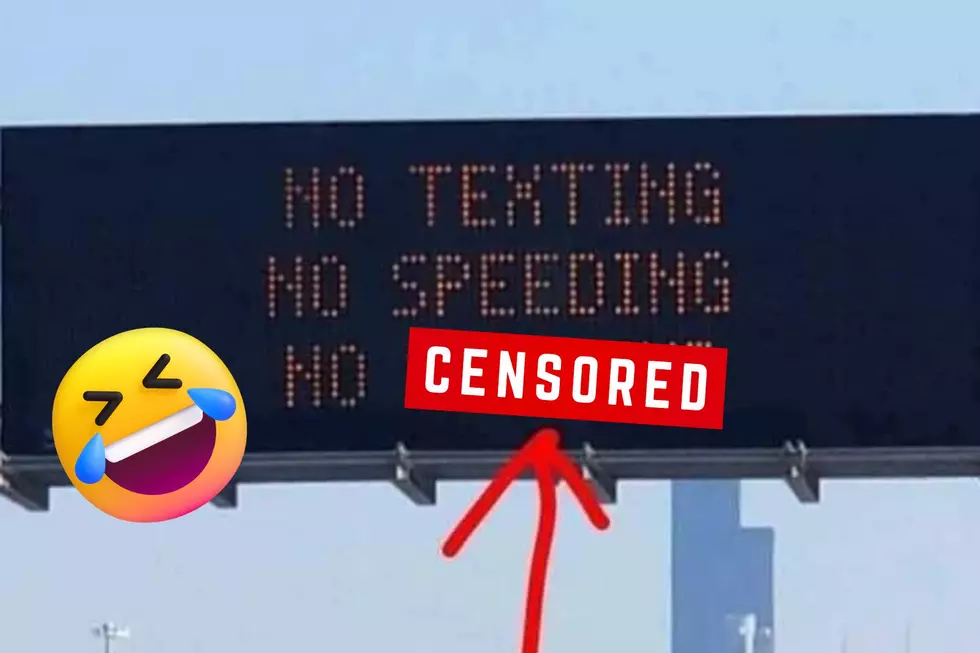
How’s Your Cursive? Wisconsin May Mandate Schools To Teach It
I don't know about you, but when it comes to cursive writing, I pretty much suck at it. That might be because I stopped writing in cursive the exact moment we were no longer required to do it in school. I've never really looked back, either.
However, there is a growing movement to make cursive a classroom requirement once again, and as of 2020, there are 21 states that have done just that. Illinois is one of them.
Wisconsin Introduced Cursive Legislation Back In July, And May Vote On It Today
Wisconsin's Assembly Bill 435 (AB435):
This bill requires the state superintendent of public instruction to incorporate cursive writing into the model academic standards for English language arts. The
bill also requires all school boards, independent charter schools, and private schools participating in a parental choice program to include cursive writing in its respective
curriculum for the elementary grades. Specifically, each elementary school curriculum must include the objective that pupils be able to write legibly in cursive by the end of fifth grade.
Although cursive is currently listed as a method of writing in the Wisconsin Standards For English Language Arts, it's only an option to go along with typing and/or printing. If signed into law, cursive will no longer be optional.
There Is Quite The Online Debate Over How Useful Cursive Writing Actually Is
In doing a bit of research for this post, I found there to be a very robust back-and-forth going on over cursive writing mandates. Here are some of the points being made in favor of making our kids learn cursive:
- It’s good for your brain. TheWriteLife.com says since it engages both the right and left hemispheres of the brain, it can actually aid in reading comprehension, idea generation, spelling, brain development and memory.
- The New York Times reports that learning cursive can help students who suffer from forms of dyslexia, a disorder in which people have difficulty reading and writing words.
- Just like knowing Latin can help you understand new languages, knowing cursive can help you unlock a wealth of historical knowledge and connect with past generations.
The arguments against mandating cursive include:
- In our digital age of laptops and texting, some argue cursive has become obsolete.
- Morgan Polikoff, assistant education professor at the University of Southern California’s Rossier School of Education: “As we have done with the abacus and the slide rule, it is time to retire the teaching of cursive. The writing is on the wall.”
- Most people dump it, anyway. TheWriteLife.com points out that a survey conducted by Zane-Bloser, a cursive textbook publisher, found that even handwriting teachers rarely used cursive regularly.
13 Stupid Illinois Laws
LOOK: Things from the year you were born that don't exist anymore
More From 97 ZOK









